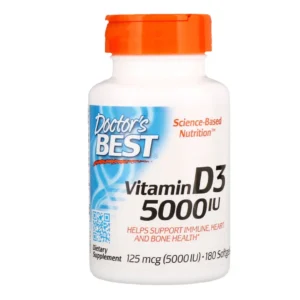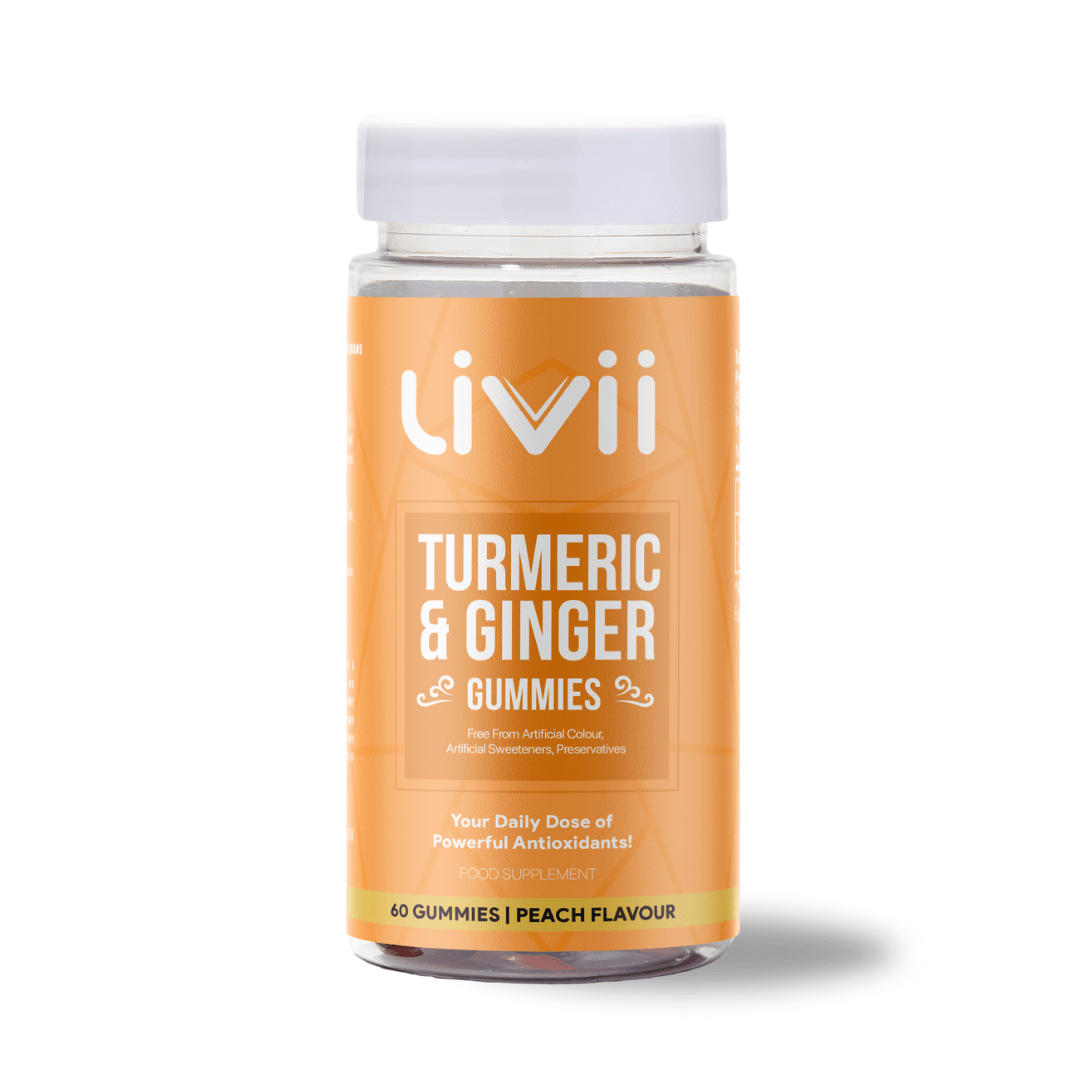High blood pressure, or hypertension, is often referred to as the “silent killer” because it frequently presents no obvious symptoms. Despite its lack of noticeable signs, this condition can wreak havoc on your body, affecting multiple organs and significantly increasing the risk of serious health issues, including heart disease, stroke, and kidney failure. Understanding the physiological effects of high blood pressure, the potential symptoms (or lack thereof), and the long-term impacts is crucial for maintaining health and preventing complications.

What is High Blood Pressure?
Blood pressure is the force exerted by circulating blood against the walls of the arteries. It is measured in millimeters of mercury (mmHg) and recorded with two numbers: systolic (pressure during heartbeats) and diastolic (pressure between heartbeats). A normal reading is generally considered to be around 120/80 mmHg. Hypertension is diagnosed when readings consistently exceed 135/85 mmHg.
How High Blood Pressure Affects the Body
When blood pressure remains elevated over time, the cardiovascular system, brain, kidneys, and other organs suffer damage. Here is how each part of the body is affected:
1. The Heart Persistent high blood pressure forces the heart to work harder than normal to pump blood. Over time, this extra effort can lead to several cardiovascular problems:
- Heart Enlargement (Left Ventricular Hypertrophy): The heart muscle thickens, reducing its efficiency and increasing the risk of heart failure.
- Heart Attack: Hypertension accelerates the buildup of plaque in the arteries (atherosclerosis), which can lead to heart attacks.
- Heart Failure: The constant strain can weaken the heart, making it unable to pump blood effectively.
2. The Brain High blood pressure is a leading cause of stroke and cognitive impairment. It can lead to:
- Stroke: Elevated pressure can cause arteries in the brain to rupture or become blocked.
- Aneurysms: Hypertension weakens blood vessels, increasing the risk of aneurysm formation.
- Dementia and Cognitive Decline: Chronic hypertension is associated with vascular dementia, which stems from reduced blood flow to the brain.
3. The Kidneys The kidneys play a critical role in regulating blood pressure by managing fluid levels and filtering waste from the blood. Hypertension can damage these vital organs by:
- Reducing Kidney Function: Narrowed or hardened arteries impair the kidneys’ ability to filter waste.
- Kidney Failure: Severe cases of hypertension can lead to kidney failure, requiring dialysis or transplantation.
4. The Eyes High blood pressure can damage the blood vessels in the eyes, leading to:
- Hypertensive Retinopathy: Damage to the retina, potentially resulting in vision loss.
- Optic Nerve Damage: Restricted blood flow can harm the optic nerve, contributing to vision problems.
5. The Arteries Hypertension accelerates the hardening and narrowing of arteries throughout the body (atherosclerosis). This can lead to:
- Peripheral Artery Disease (PAD): Reduced blood flow to limbs, causing pain and increasing the risk of infections.
- Aneurysms: Prolonged high blood pressure can lead to aneurysms in arteries, which may rupture and cause life-threatening bleeding.

Why Many Don’t Experience Symptoms
One of the most dangerous aspects of high blood pressure is that many people experience no symptoms. This is why hypertension is often called the “silent killer.” Studies indicate that around 30-50% of people with hypertension are unaware of their condition. Even those with dangerously high readings may feel perfectly fine. This lack of symptoms can lead to late diagnosis, often only after significant damage has occurred.
When Symptoms Do Occur
Although rare, some people with extremely high blood pressure may experience symptoms such as:
- Severe Headaches
- Shortness of Breath
- Nosebleeds
- Blurred Vision
- Chest Pain
These symptoms typically appear during hypertensive crises, when blood pressure reaches critical levels (180/120 mmHg or higher). Immediate medical attention is required in such cases.
Long-Term Consequences of Uncontrolled High Blood Pressure
If left untreated, high blood pressure can lead to severe health complications, including:
- Heart Disease: The leading cause of death worldwide, often driven by hypertension.
- Stroke: Responsible for a significant percentage of disabilities and fatalities globally.
- Kidney Disease: Hypertension is a leading contributor to end-stage renal disease.
- Vision Loss: Persistent high blood pressure can result in irreversible vision impairment.
Prevention and Management
The good news is that high blood pressure can often be managed and prevented through lifestyle changes and medication. Key strategies include:
- Healthy Diet: Emphasize fruits, vegetables, whole grains, and low-sodium foods.
- Regular Exercise: Aim for at least 30 minutes of moderate activity most days of the week.
- Weight Management: Maintaining a healthy weight can significantly reduce blood pressure.
- Stress Reduction: Practice relaxation techniques such as yoga, meditation, or deep breathing.
- Medication: For those with persistent hypertension, medications like diuretics, beta-blockers, and ACE inhibitors may be necessary.

The Importance of Regular Monitoring
Because hypertension can be asymptomatic, regular blood pressure checks are vital. This is especially important for individuals over 40, those with a family history of hypertension, and people with conditions like diabetes or obesity. Routine monitoring allows for early intervention and reduces the risk of complications.

Conclusion
High blood pressure is a pervasive health issue that affects millions globally. Its silent nature makes it particularly dangerous, as many people may not realize they have it until serious damage occurs. By understanding the effects of hypertension on the body, recognizing the importance of regular check-ups, and adopting a healthy lifestyle, individuals can protect themselves against the severe consequences of this condition. Awareness, prevention, and management are key to combating the silent killer and preserving long-term health and well-being.
________
Disclaimer: Health articles on medical conditions are for information only and do not form a basis for diagnosis. We recommend that if you have any concerns, speak to your doctor or pharmacist for further help and guidance.








